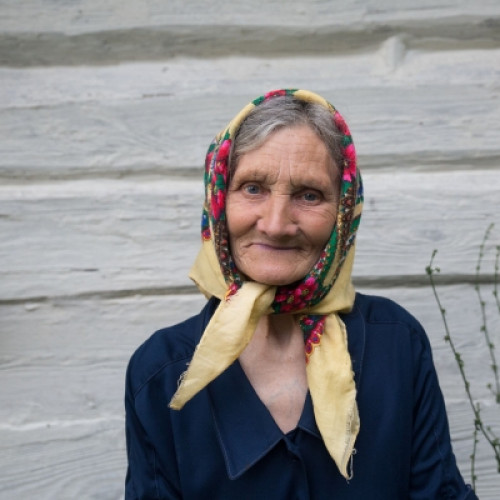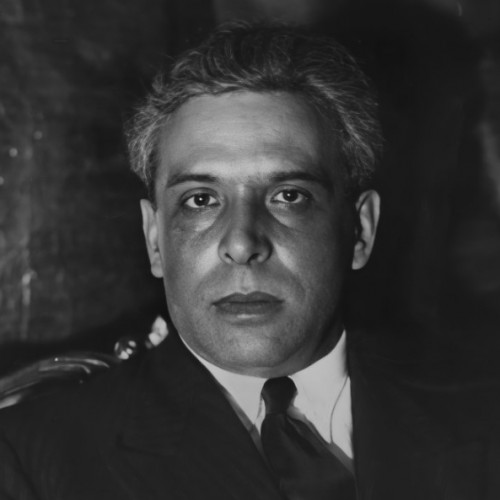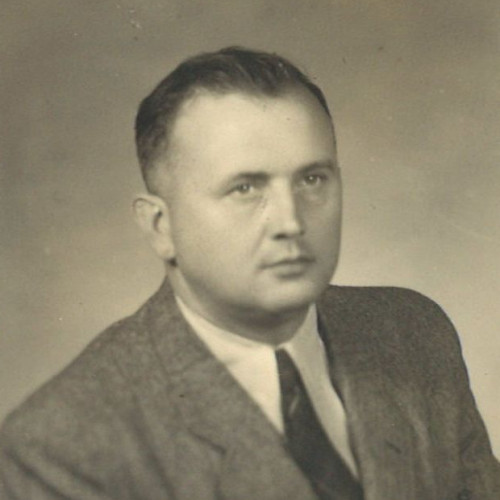prof. Władysław Konopczyński (1880—1952) - Instytut Pileckiego
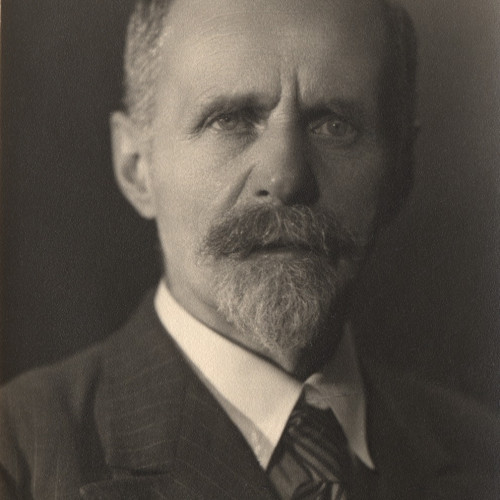
After the Warsaw Uprising, among the crowds expelled from the burning city were the family of a Polish-Jewish historian, Ludwik Widerszal. Konopczyński offered shelter in Młynik until the end of the war.
Before the Second World War, Władysław Konopczyński lectured at the Jagiellonian University. A prominent historian specializing in the modern period, author of Polski Słownik Biograficzny [Polish Biographical Dictionary], and MP of the Polish Parliament (I term), he was arrested on 6 November 1939 during the Intelligenzaktion — a German operation aimed at killing the Polish intelligentsia. He was imprisoned in Kraków, then Wrocław, and finally KL Sachsenhausen until February 1940. Released from the camp, he engaged in clandestine teaching. His family’s difficult financial situation in occupied Kraków caused him to spend much of his time on the estate in Młynik near Ojców.
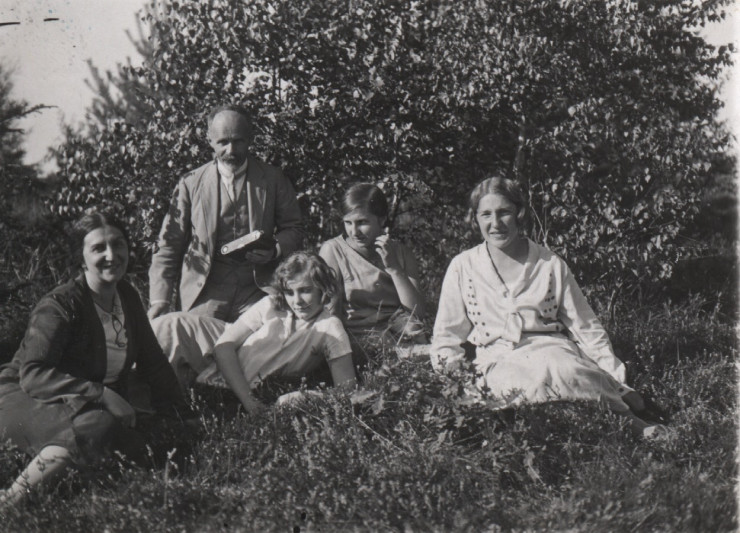
In 1948, the communist authorities removed Konopczyński from the Jagiellonian University and a year later forced him to resign as the chief editor of Polski Słownik Biograficzny.
fot. Jan Mrozowski’s private collection
See also
- Ołeksandra Wasiejko z d. Łukaszko (ur. 1946)

awarded
Ołeksandra Wasiejko z d. Łukaszko (ur. 1946)
During the Volhynia Massacre in the summer of 1943. Over the next seventy years Oleksandra Vaseyko kept alive the memory of the victims, bringing flowers to their graves and keeping them in her prayers.
- César de Sousa Mendes do Amaral e Abranches

awarded
César de Sousa Mendes do Amaral e Abranches
(1885–1955)In the 1930s, César de Sousa Mendes was at the height of his diplomatic career. He worked at missions in Africa, Europe, America and Asia. He was Portugal’s Minister of Foreign Affairs for a year.
- Jan Jelínek (1912–2009)

awarded
Jan Jelínek (1912–2009)
In 1937, the care of the Evangelical parish in Kupiczów, Volhynia was entrusted to Jan Jelínek. The young pastor won the hearts of the Czechs, who had settled there in the 19th century. In his sermons he preached love of neighbor regardless of his beliefs.
